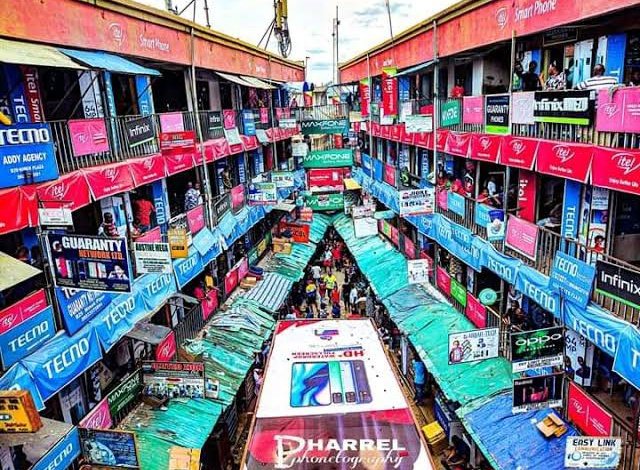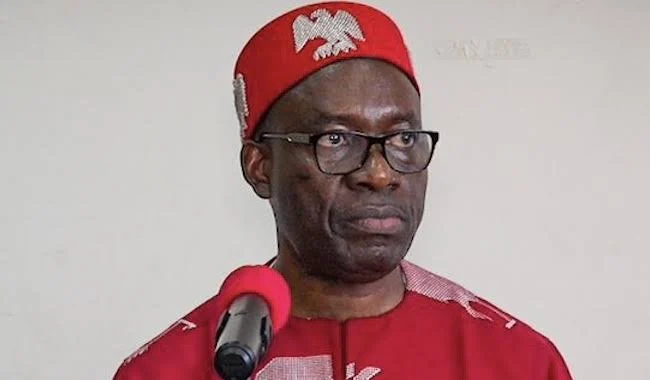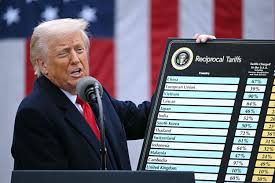The Nigerian Communications Commission has said that 100 per cent of SIM cards in the country are made locally.
This was disclosed by the head of new media and information security, NCC, Babagana Digima at a two-day training for media executives titled, “Upskilling media stakeholders on trends in telecommunications,” in Lagos, according to Businessday.
Digima ascribed the achievement to the commission’s efforts to promote local content and Indigenous engagement in the industry through the Nigeria Office for Development in the Indigenous Telecommunications Sector.
He said “The NCC by Section 1D to F of our Act has spelled out our function to encourage indigenous participation of telecom companies as well as the national policy for promotion of indigenous content in the telecommunications sector which established NORDIT.
“Indigenous participation is one of the key areas NORDIT has played a major role. Previously, in the last two years, almost 99 percent to 100 per cent of SIM cards in Nigeria were imported.
“And when NORDIT came, we made it one of our key low-hanging fruits that in five months to six months manufacture of SIM cards will be indigenous.”
He added, “We directed all the Mobile Network Operators (MNOs) to source their SIM cards locally, and in fact, as of now 100 per cent of all the SIM cards used in Nigeria are manufactured locally, with no importation.”
Digima stated that the commission, through NORDIT, engages in advocacy activities to stimulate indigenous engagement by enterprises and individuals in all sectors of telecoms.
He stated that NORDIT had also provided subsidies and incentives to some companies to ensure the industry’s growth.
“For now, we are currently sponsoring the manufacture of corrugated ordinal duct, and the company that will be established will be the first in the whole of Africa to manufacture such kind of product.
“They have even overtaken the only company in Egypt in manufacturing capacity and they are expanding. I am sure a lot of companies are very happy with what we have done,” he said.
In his remarks, the Executive Vice-Chairman of NCC, Aminu Maida stated that the attempt to upskill prominent media executives sprang from a desire to bridge the gap between the commission and how its constituents perceived it.
Maida, who was represented by the executive commissioner of technical services, NCC, Abraham Oshadami said that the commission needs to create a framework that would help consumers and stakeholders understand how the business operates.
“These have led to the birth of this beautiful initiative. If our industry must succeed, there must be proper enlightenment and education.
“So, your physical role cannot be overemphasised and that is why these are carefully selected executives from across all platforms including print, broadcast, and online media.
“It is to enable you to understand the commission and to see the operational interventions that the commission has engaged in over time, as well as the challenges we are having.
“This will enable us to work together to shape the landscape and also to help consumers understand what is happening,” he said.
He further said that the training’s goal was to create a trustworthy database of core partners within the geography of media systems, as well as to foster strategic relationships with media stakeholders.











